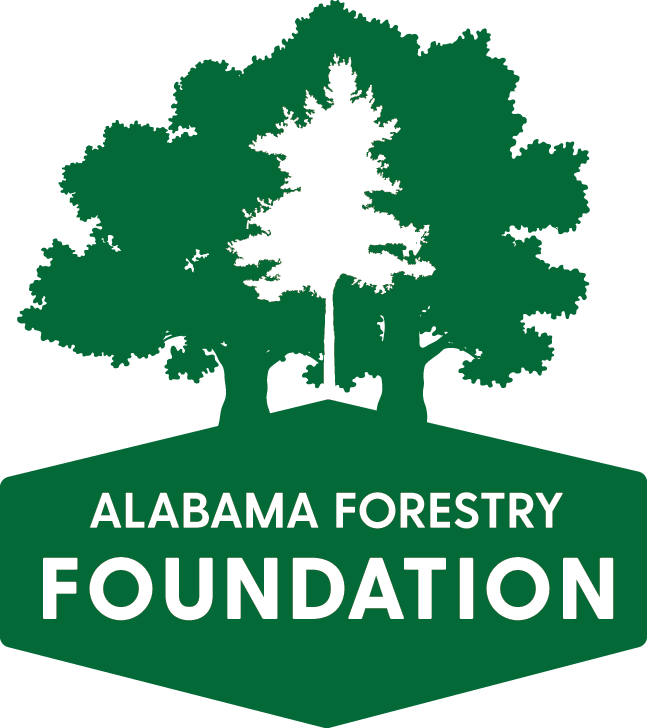
Forests are one of nature’s most effective water filters.
Leaves, brush and plants filter out sediment and other material as rainfall flows across the forests floor, eventually ending up in Alabama’s streams, rivers and lakes. In fact, establishing forest cover on soils that have been disturbed has long been recognized by scientists as one of the best ways to ensure that the water we drink remains clean and our streams and rivers remain protected.
Alabama’s Water Resources:
17% of the state is covered by reservoirs, lakes, ponds, rivers and marshes.
Alabama contains 15% of all of the surface water in the lower 48 states.
67% of Alabama surface water is filtered through private forests, supplying drinking water for 70% of the state’s population.
Alabama is 7th in the nation in perennial stream-miles.
Alabama is 1st in the nation in navigable stream-miles.
Protecting Water Quality
Anytime soil is disturbed, there is a risk of rainfall events washing sediment into streams and rivers and degrading water quality. That’s why the forest products industry takes great care during harvesting and other forest management activities to establish and protect streamside management zones (SMZs) to maintain a buffer between the streams and any potential movement of sediment. Best Management Practices (BMPs) were developed for landowners, loggers and foresters to provide voluntary guidelines to ensure water quality is protected during any forest operations. Annual surveys conducted by the Alabama Forestry Commission to monitor BMP implementation consistently show compliance rates across of state of 97-100% and numerous studies have demonstrated that BMPs are effective in protecting water quality.
What Are We Doing?
Educating Landowners – AFF conducts education programs to help landowners understand the importance of protecting water quality and in-stream habitat for aquatic species.
Educating Loggers – AFF conducts technical education programs for loggers, providing information about the proper installation of stream crossings and the importance of maintaining adequate SMZs to protect instream habitat for at risk species.
Providing Technical Assistance – Working with the Alabama Loggers Council and the Sustainable Forestry Initiative, AFF provides technical assistance to landowners and loggers to facilitate proper implementation of BMPs.
Monitoring Impacts – Working with other conservation partners, AFF monitors impacts of stream crossing installation on water and in-stream habitat quality as well as the distribution of certain aquatic species.



